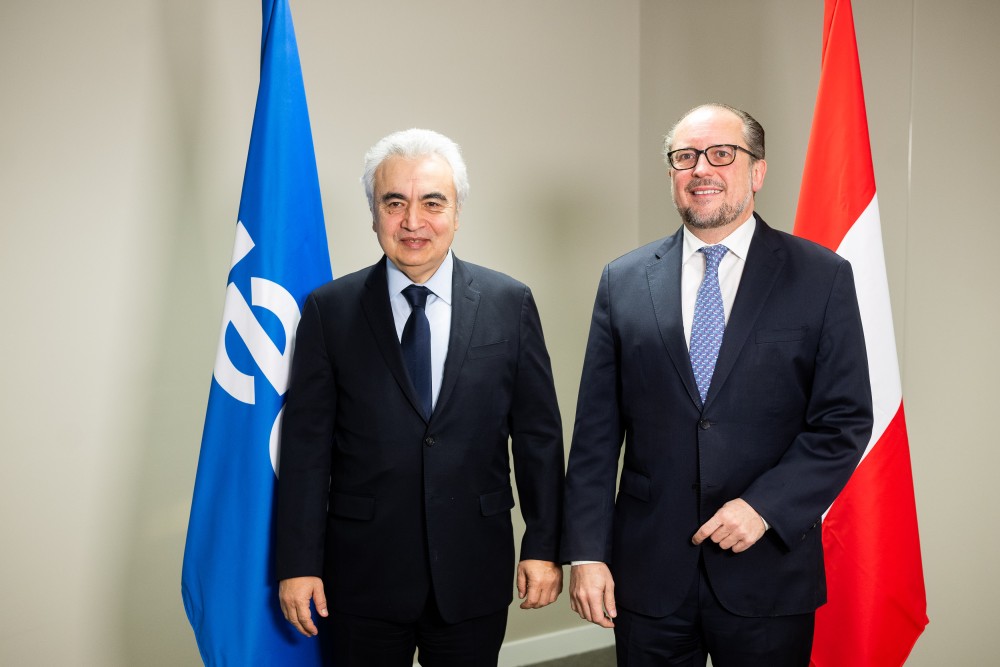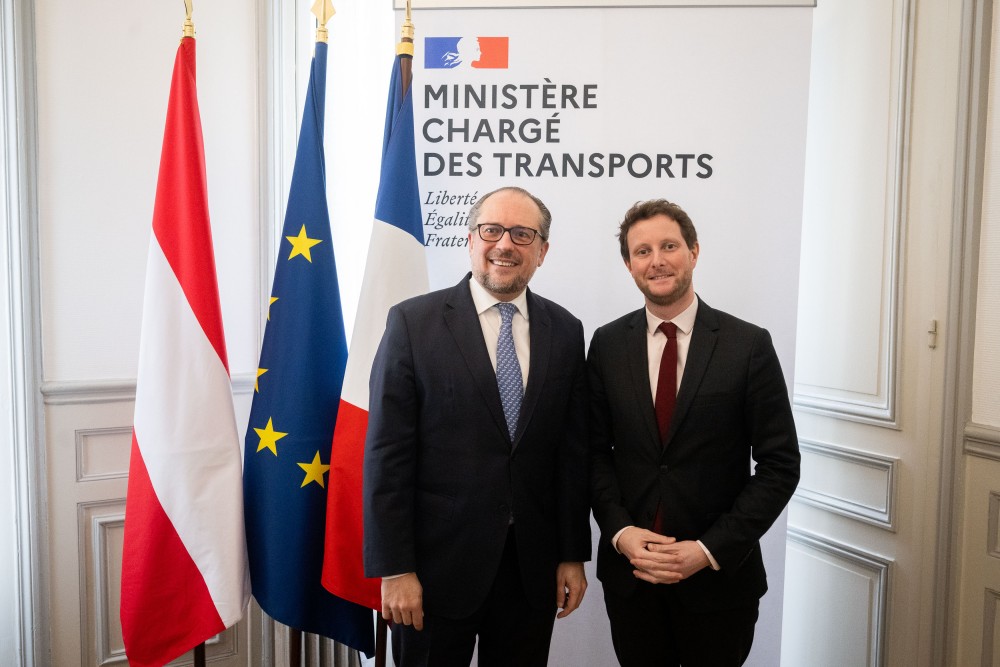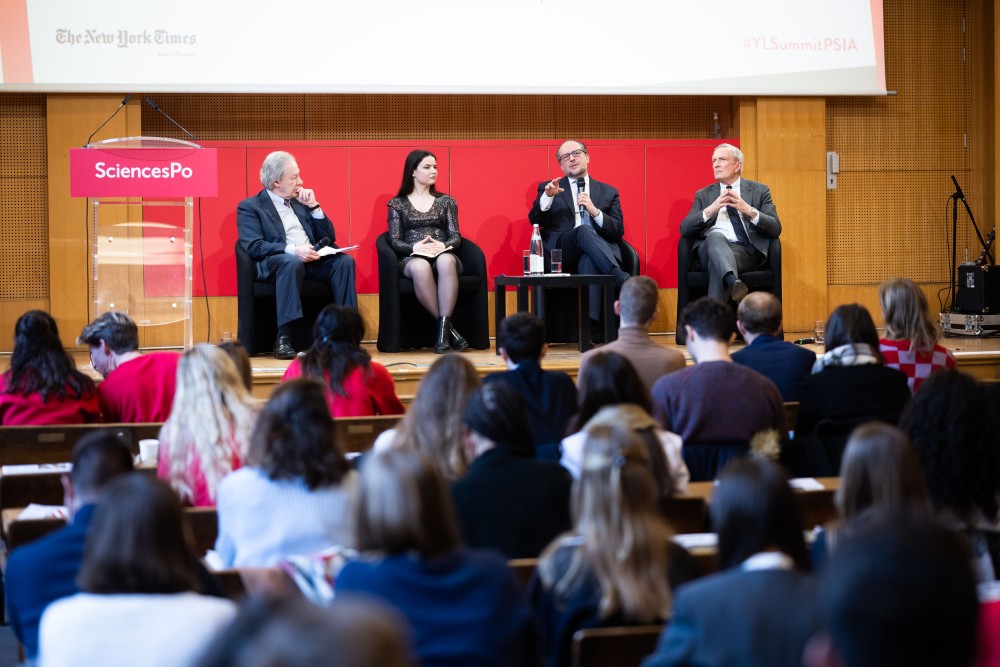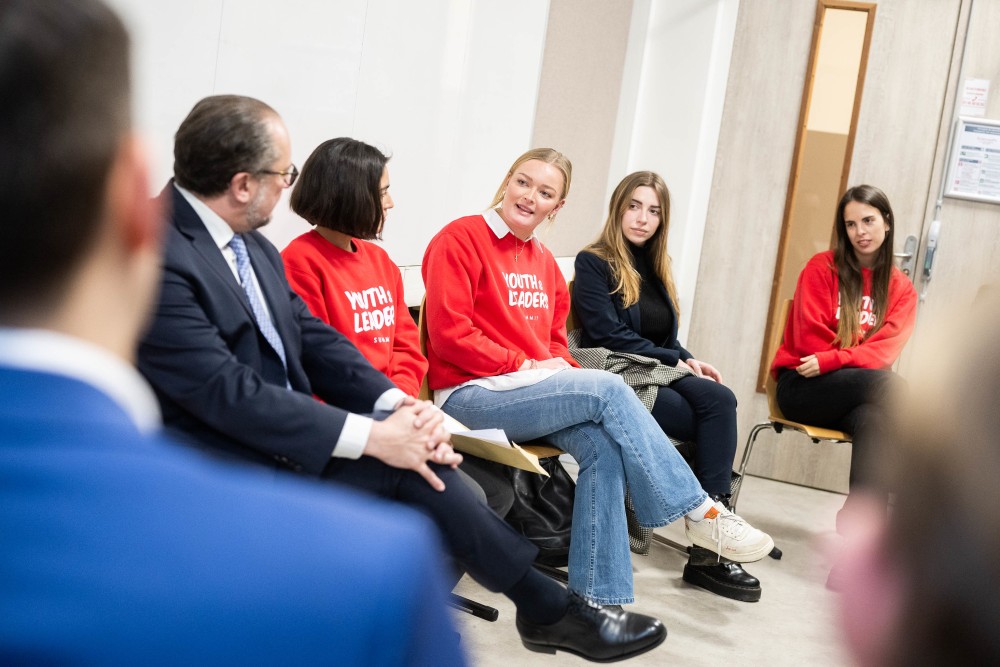First Meeting Between Austrian and French Foreign Ministers in Paris
Austria's Foreign Minister Alexander Schallenberg traveled to Paris for various working talks and meeting to strengthen Franco-Austrian relations. There was also the first bilateral meeting between Austria's Schallenberg and France's Foreign Minister Catherine Colonna.
 Austria's Foreign Minister Alexander Schallenberg (r.) his French counterpart Catherine Colonna (l.) in Paris. / Picture: © BMEIA Bundesministerium für Europa, Integration und Äußeres / Gruber / Flickr Attribution 2.0 Generic (CC BY 2.0)
Austria's Foreign Minister Alexander Schallenberg (r.) his French counterpart Catherine Colonna (l.) in Paris. / Picture: © BMEIA Bundesministerium für Europa, Integration und Äußeres / Gruber / Flickr Attribution 2.0 Generic (CC BY 2.0)


 © BMEIA/ Gruber/ Flickr Attribution 2.0 Generic (CC BY 2.0)" data-cnt="3" data-full="Y" />
© BMEIA/ Gruber/ Flickr Attribution 2.0 Generic (CC BY 2.0)" data-cnt="3" data-full="Y" />
Austria's diplomacy took a little longer to get back up to speed in the new year, but now the foreign minister of the Republic of Austria, Alexander Schallenberg, traveled to Paris to strengthen Franco-Austrian relations. Schallenberg used the meetings to make a plea to keep a sense of proportion vis-à-vis Moscow regarding the Russian war against Ukraine.
The program included a meeting with French Foreign Minister Catherine Colonna and participation in the "Youth & Leaders Summit" at Sciences Po University. Other items on the program included a working meeting with the Executive Director of the International Energy Agency Fatih Birol, an exchange with members of the Foreign Policy Committee of the Assemblée Nationale and a meeting with members of the Austrian-French Center and the Institut français des relations internationales. …
or Log In





